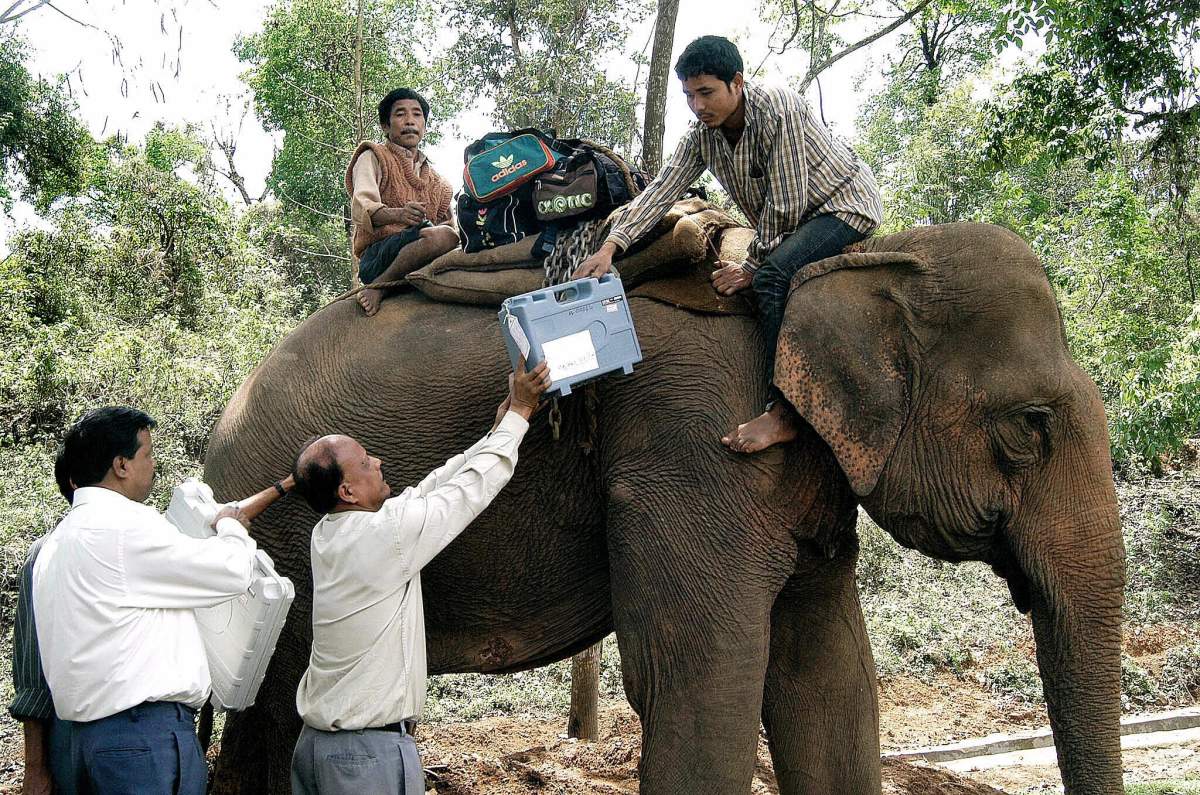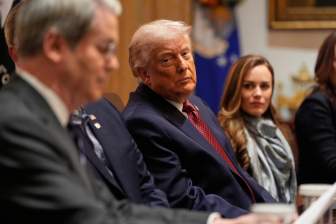India is weeks away from once again embarking on what is considered to be the world’s largest exercise in democracy, with Prime Minister Narendra Modi seeking re-election.

The country of 1.3 billion will hold its 17th general election in seven phases set to begin on April 11 and end on May 19.
The video above explains in detail how India runs such a massive election.
Here are some of the numbers involved as the country prepares to head to the polls:
900 million:
Total number of eligible voters in the upcoming general election — greater than the combined populations of Europe and Australia.
That’s also more ballots cast than the last seven U.S. presidential elections combined.
READ MORE: Why India and Pakistan could go to war over Kashmir
1 million:
Total number of polling stations set up across the country.
According to India’s election guidelines, there must be a polling station no farther than two kilometres from any one voter across the country. All modes of transportation, including elephants, camels, boats and planes, are deployed to reach the most remote areas.
3.6 million:

Get daily National news
Total number of voting machines.
11 million:
Total number of government workers hired to take on election duty, including 2.5 million security personnel.
“It could be teachers, mailmen. During the elections, these people are taking a leave from their work and being staffed to a booth,” Columbia University professor Simon Chauchard told Global News.
545:
Total number of seats in the Lok Sabha, the lower house of Parliament.
This includes two seats nominated by the president from the Anglo-Indian community — those of mixed Indian and European descent.
When you break down the numbers, it means on average, each member of Parliament represents 1.5 million voters.
READ MORE: ‘Shoe brawl’ shows Indian lawmakers getting off on wrong foot
464:
Number of political parties in the last election.
8,251:
Number of candidates in the last election.
66.4 percent:
Voter turnout in the last election, according to the Election Commission of India.
4,000:
Total number of counting centres set up across India.
“Counting is done after three to four days after the last day of the polls. That is to keep a margin for a possible repoll,” explained former commissioner S.Y. Quraishi.
Results are only announced once all votes are cast.
The counting of votes for the upcoming election will be held on May 23.
—With files from Reuters








Comments